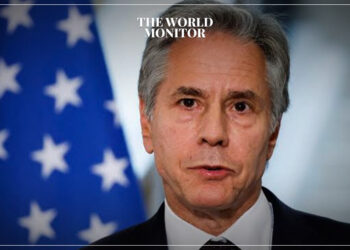The United Nations Children’s Fund (UNICEF) has issued a stark warning about the perilous state of children’s health services in Gaza. According to UNICEF, the lives of one million children are teetering on the brink due to the near-total collapse of medical and healthcare services across the region, especially in the northern areas.
In a statement published on its website, UNICEF emphasized the grave situation in Gaza, where medical care for children is on the verge of complete disintegration. This alarming situation is particularly critical in the region’s northern parts, where the healthcare infrastructure has been severely impacted.
Over the past 24 hours, the situation has become increasingly desperate. UNICEF reported that medical care at Al Rantisi and Al Nasr children’s hospitals has almost ceased. These facilities, crucial for the well-being of children, are barely functioning, with only a small generator providing power to the intensive care and neonatal intensive care units. This scenario paints a grim picture of the healthcare challenges facing the youngest and most vulnerable residents of Gaza.
The plight of Gaza’s children is a reflection of the broader healthcare crisis in the region. Overcrowded hospitals, lack of medical supplies, and inadequate facilities have been exacerbated by ongoing conflicts and blockades. This has resulted in a healthcare system that is unable to meet the growing needs of the population, particularly children who require specialized care.
UNICEF’s warning sheds light on the urgent need for international intervention and support to restore and improve the healthcare services in Gaza. It is a call to action for global leaders, humanitarian organizations, and the international community to come together to address this crisis. The situation in Gaza is not just a health crisis but a humanitarian one, where the lives of a million children hang in the balance.
Efforts must be made to ensure the continuous operation of hospitals and the provision of essential medical supplies. In addition, there is a need to support the infrastructure and human resources required to provide adequate healthcare services to the children of Gaza. The plight of these children underscores the importance of peace and stability in the region, as well as the need for sustainable solutions to the ongoing healthcare crisis.






